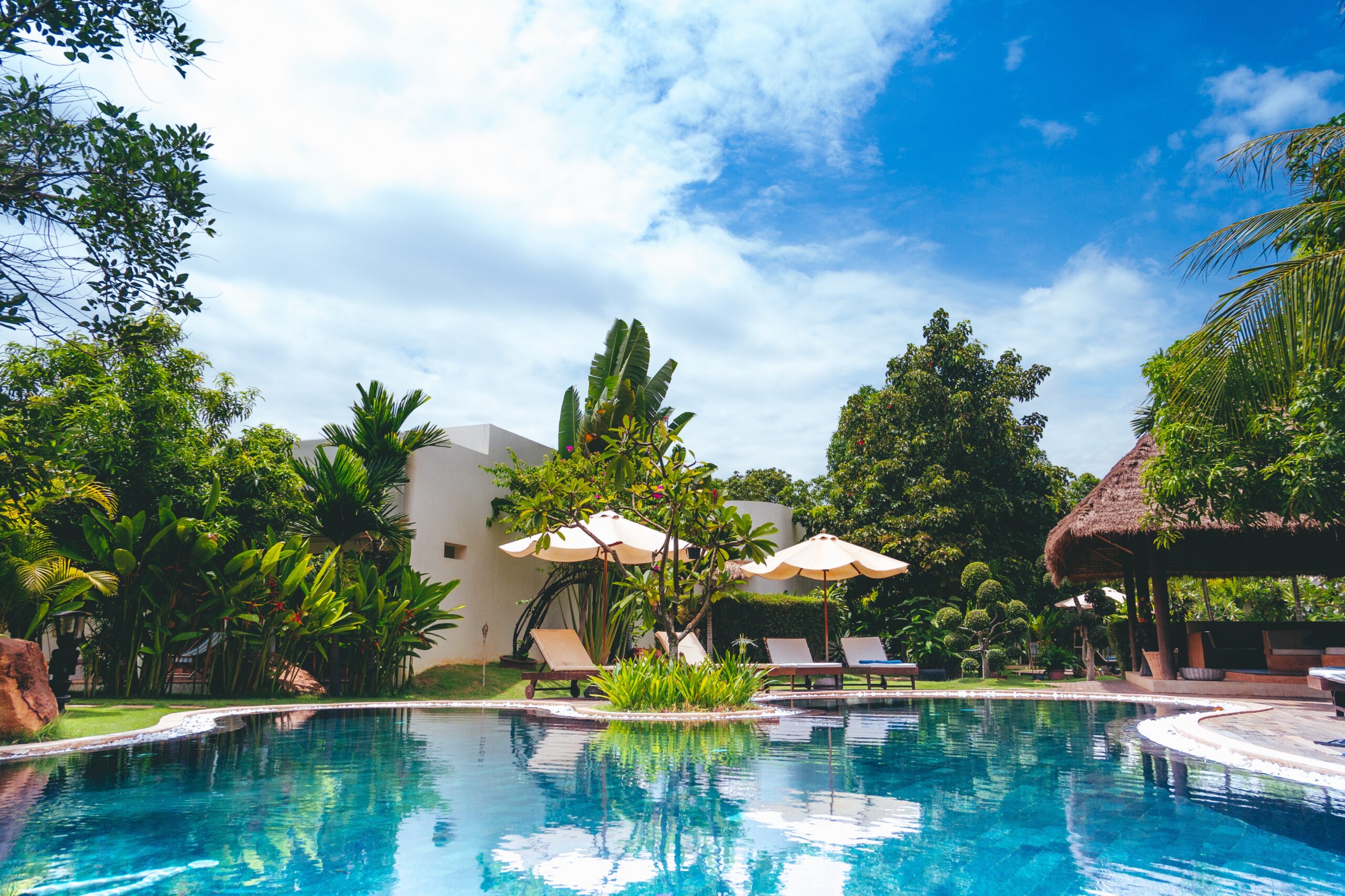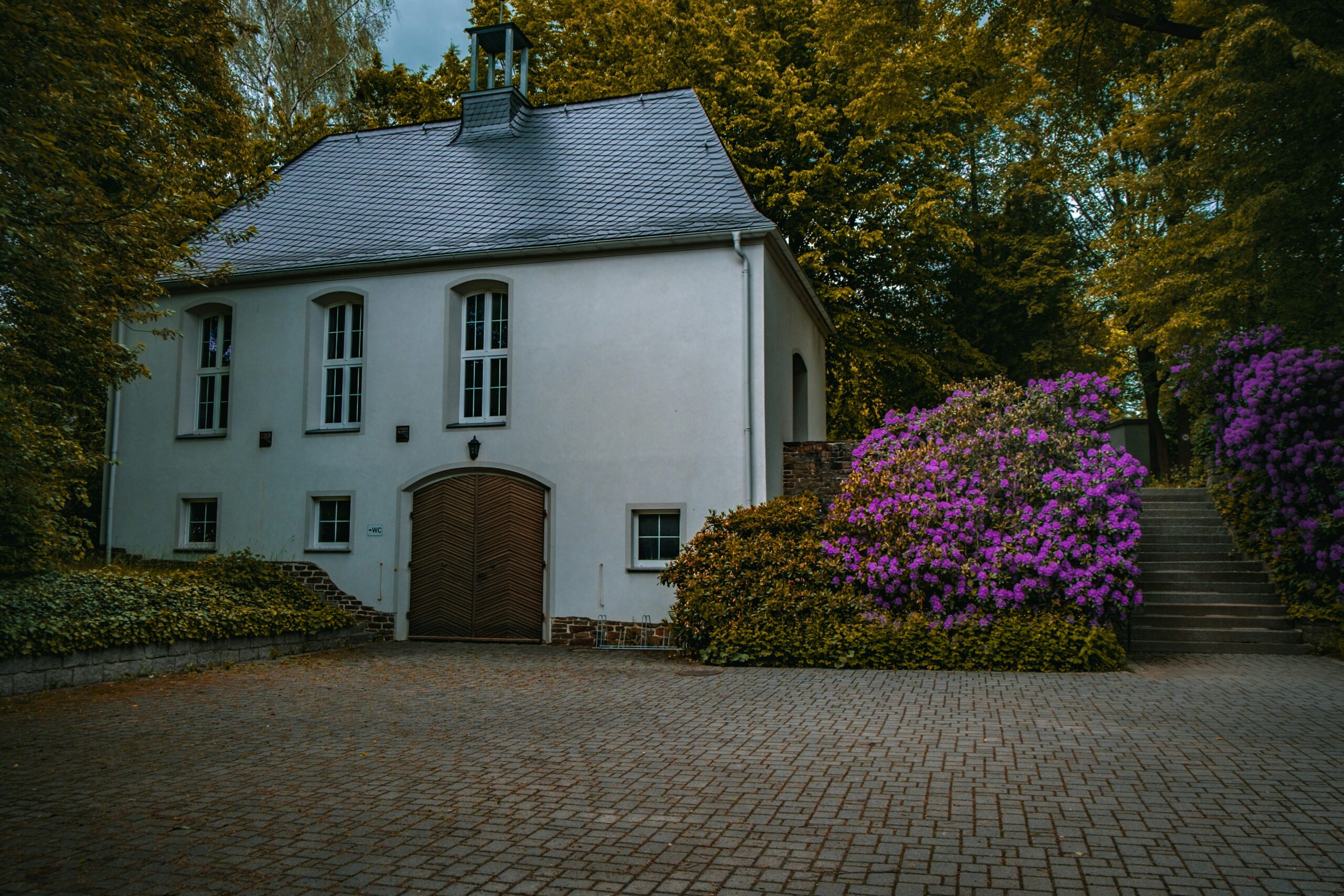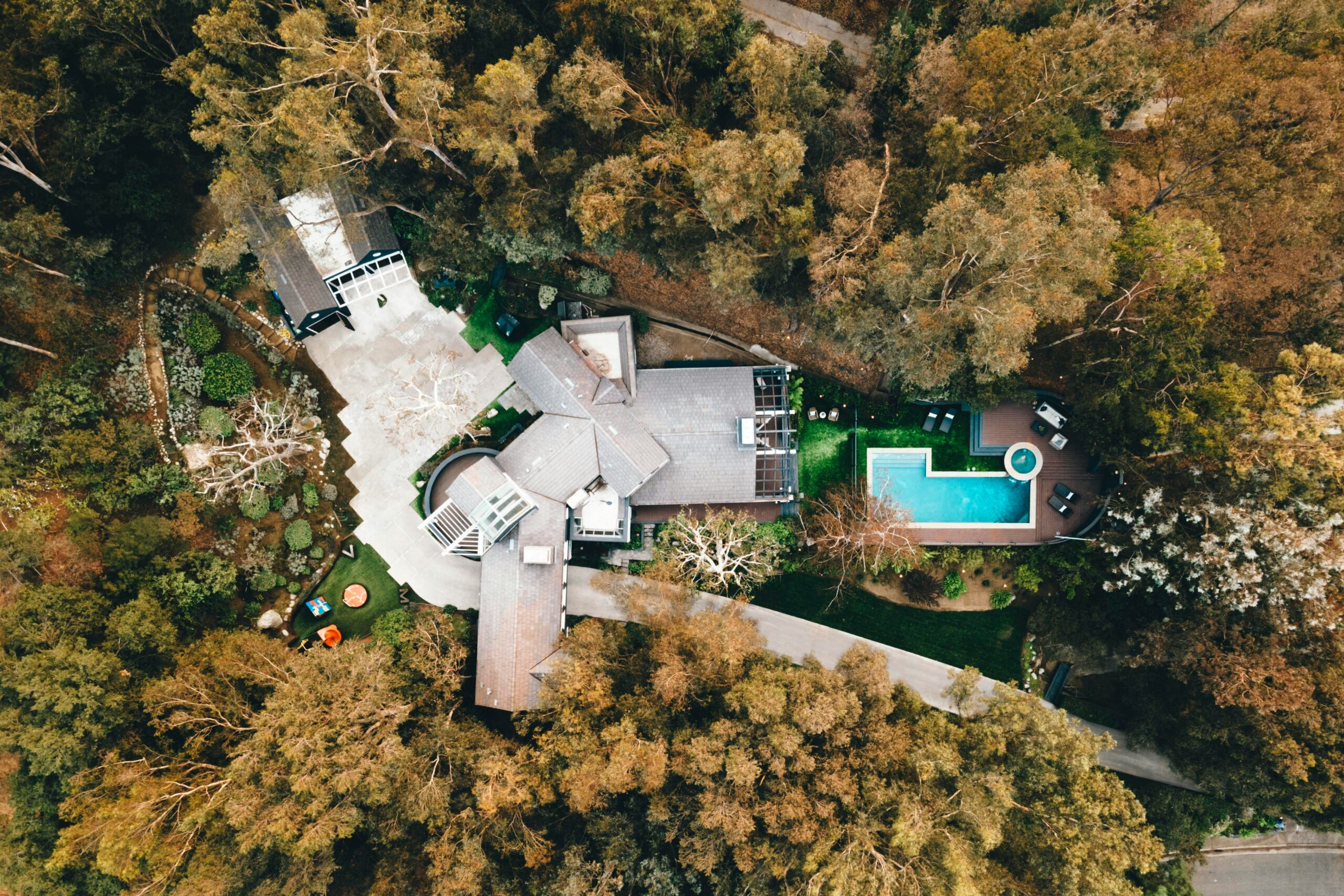Do you intend to build a pool in your backyard? The timetable for building the pool is one of the most important things to think about. You can better plan and be ready for your ideal backyard retreat by being aware of how long the process takes. We will go into the specifics of pool construction timetables in this post, offering you insightful analysis and professional guidance. Come learn about the nuances of pool construction schedules, whether your goal is to create a gorgeous pool for leisure or a revitalizing area for entertainment. Together, we can go on your road to have a stunning and useful pool in your backyard.
How Long Does Pool Construction Take?
The construction timeline for a pool can vary depending on several factors, including the type of pool you choose, the size and complexity of the project, and the weather conditions in your area. On average, you can expect the pool construction process to take anywhere from 8 to 12 weeks. However, it’s important to note that this is just an estimate and actual timelines may differ.
Here is a breakdown of the different stages involved in pool construction and the approximate timeframes for each:
1. Design and Permitting (2-4 weeks): Before construction can begin, you will need to work with a pool builder and pool designer to create a custom design that meets your specific requirements and preferences. This process can take anywhere from 2 to 4 weeks, depending on the complexity of the design. Once the design is finalized, the necessary permits will need to be obtained from your local authorities, which may take some additional time.
2. Excavation and Pool Shell Installation (1-2 weeks): Once the design and permits are in place, the next step is to excavate the area where the pool will be located. This process involves digging a hole to the desired dimensions and shape of the pool. The excavation typically takes about a week. After the hole has been prepared, the pool shell, which is usually made of concrete or fiberglass, will be installed. This process can take an additional week.
3. Plumbing and Electrical Work (1-2 weeks): Once the pool shell is in place, the next step is to install the plumbing and electrical systems. This includes laying down the pipes for water circulation and filtration, as well as the electrical wiring for lights, pumps, and other pool equipment. Depending on the complexity of the system, this stage can take anywhere from 1 to 2 weeks.
4. Decking and Finishing Touches (2-4 weeks): After the plumbing and electrical work is complete, it’s time to focus on the aesthetics of your pool. This includes installing the pool deck, which can be made of various materials such as concrete, pavers, or natural stone. The decking process can take up to 2 weeks, depending on the size and complexity of the area. Additionally, this stage involves adding any finishing touches such as pool landscaping, fencing, and pool accessories.
5. Final Inspections and Pool Start-Up (1 week): Once all the construction work is finished, it’s time for the final inspections. Your local authorities will conduct inspections to ensure that the pool meets safety and building code requirements. Once the inspections are passed, the pool can be filled with water and the necessary chemicals can be added to balance the water chemistry. This process usually takes about a week, including the time for the pool water to reach the desired temperature.
What Type Of Features Should My Pool Have?
When considering installing a pool, it’s important to think about the features you want to include. Here are some popular options to consider:
1. Pool shape and size: The shape and size of your pool will largely depend on your personal preferences and the available space in your backyard. Popular shapes include rectangular, oval, and kidney-shaped pools. The size of your pool will also depend on how you plan to use it, whether for exercise, relaxation, or entertaining.
2. Water features: Water features can add a touch of luxury and visual interest to your pool. Options include waterfalls, fountains, and bubblers. These features not only enhance the aesthetics of your pool but also provide a soothing and relaxing ambiance.
3. Lighting: Pool lighting is essential for both safety and ambiance. Consider installing underwater LED lights that can change colors to create different moods. You can also add landscape lighting around the pool area to highlight features such as trees, plants, and architectural elements.
4. Heating and cooling systems: Depending on your location and climate, you may want to consider installing a heating or cooling system for your pool. This will allow you to enjoy your pool year-round, regardless of the outside temperature.
5. Pool automation: With advancements in technology, you can now control various pool functions with the touch of a button. Consider adding a pool automation system that allows you to control features such as lighting, heating, and water circulation from your smartphone or tablet.
6. Pool safety features: Safety is paramount when it comes to owning a pool. Make sure to include safety features such as fencing, self-closing gates, and pool alarms to prevent accidents, especially if you have young children or pets.
What Type Of Pool Materials Will I Need?
When it comes to choosing pool materials, there are several options to consider. The most common materials used for pool construction include:
1. Concrete: Concrete pools are a popular choice due to their durability and flexibility in design. They can be customized to any shape or size and can be finished with various materials such as plaster, tile, or aggregate. Concrete pools are known for their longevity, but they do require regular maintenance to prevent cracking and staining.
2. Fiberglass: Fiberglass pools are pre-made shells that are installed in your backyard. They are known for their low maintenance and smooth surface. Fiberglass pools are resistant to algae and require fewer chemicals to maintain water balance. However, they are limited in terms of shape and size options, as they are manufactured in a factory.
3. Vinyl: Vinyl pools are constructed with a vinyl liner that is stretched over a frame made of steel, aluminum, or wood. These pools offer a smooth and non-abrasive surface and are available in various shapes and sizes. However, vinyl liners require periodic replacement, usually every 10-15 years, and can be susceptible to tears and punctures.
4. Natural stone: If you prefer a more natural look, natural stone pools can provide a unique and luxurious aesthetic. Popular choices for natural stone pools include granite, limestone, and travertine. These pools require skilled craftsmanship and can be more expensive than other options. However, they offer a timeless and elegant appearance.
Does an Inground Pool Take The Same Amount Of Time as an Above Ground Pool?
When it comes to construction timelines, inground pools and above ground pools do not take the same amount of time. The process of pool installation for an inground pool is generally more complex and time-consuming than that of an above ground pool. Inground pool projects require pool excavation, site preparation, and extensive plumbing and electrical work, which can significantly extend the construction timeline. On the other hand, above ground pools are typically quicker to install since they do not require excavation or extensive groundwork. However, it’s important to note that specific factors, such as customization options and the overall complexity of the project, can still influence the timeline for both types of pools.
Do I Need a Pool Permit To Start Pool Construction?
Yes, in most cases, you will need a pool permit to start pool construction. The requirements for obtaining a pool permit can vary depending on your location and local regulations, so it’s important to check with your local building department or municipality. They will be able to provide you with the necessary information and guide you through the permit application process.
What Is The Pricing For Pool Construction?
When it comes to the pricing of pool construction, it can vary greatly depending on several factors. The cost of pool construction is influenced by factors such as the type of pool (inground or above ground), size, design, materials used, added features, and geographical location. In general, inground pools tend to be more expensive due to their complex installation process. On average, inground pool construction costs can range from $20,000 to $60,000 or more, while above ground pools can range from $1,500 to $15,000.
It’s worth mentioning that financing options are often available to homeowners looking to install a pool. Some pool companies offer financing plans that allow homeowners to pay for their pool over time. Additionally, homeowners may have the option to seek out personal loans or home equity loans to fund their pool construction project. Exploring different financing options and discussing them with pool contractors or financial institutions can help make the cost of pool construction more manageable.
Conclusion
In conclusion, understanding the timeline and pricing of pool construction is crucial for homeowners looking to create their dream backyard oasis. Inground pools and above ground pools have different construction timelines, with inground pools generally taking longer due to their more complex installation process. The cost of pool construction varies based on factors such as pool type, size, design, materials, and location. Financing options are often available to help homeowners manage the costs of pool construction. By carefully considering these factors and planning ahead, homeowners can embark on their pool construction journey with confidence and create a beautiful and functional space to enjoy for years to come.
Final Thoughts
Discover the artistry of landscaping with Terracare Landscaping, where our team of experts specializes in creating and maintaining stunning landscapes. With over 35 years of experience serving communities throughout New Jersey, from Bergen County to Wyckoff and Franklin Lakes, we are committed to bringing your dream home oasis to life. Contact us today and prepare to be amazed as your outdoor living space undergoes a remarkable transformation.
Sources
1. https://www.swimmingpool.com/build-a-pool/permits
2. https://www.poolheatpumps.com/heating-cooling-pool-heat-pumps.html
3. https://www.swimmingpool.com/build-a-pool/excavation&building




